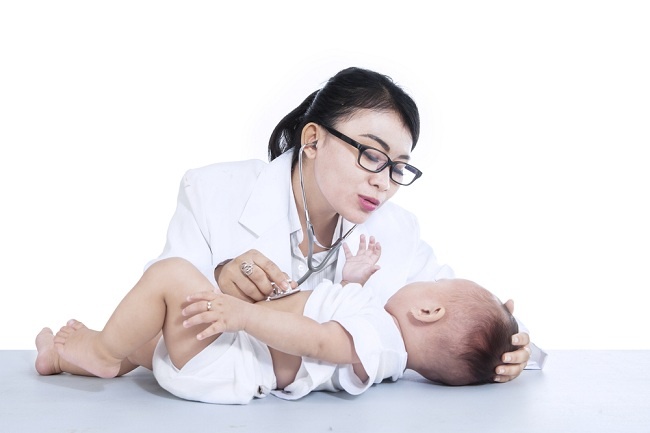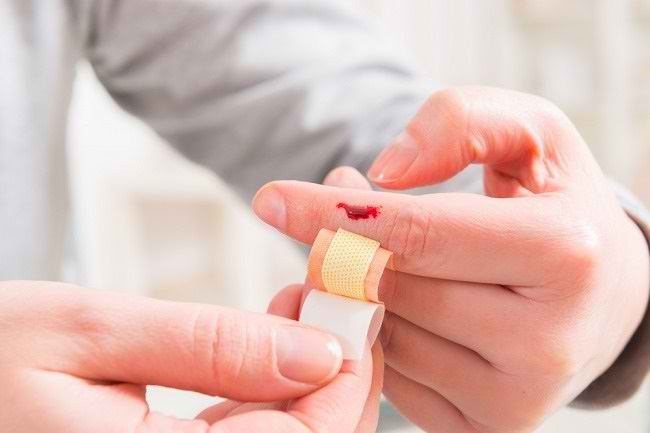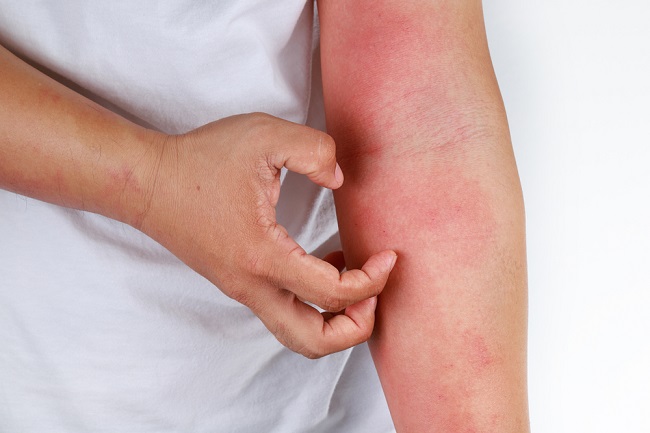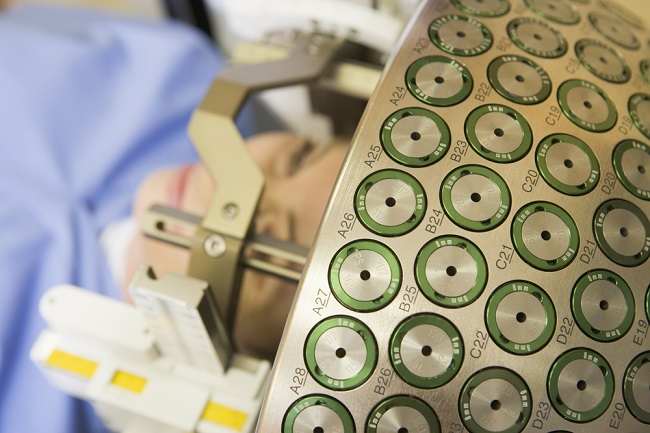Appendicitis can show different signs and symptoms in each person. However, the most common symptom of appendicitis is abdominal pain that gets worse over time, or is more pronounced with activity.
The appendix is actually an organ shaped like a small tube, which is attached to the large intestine. It is located in the abdominal cavity, on the lower right. Although it is actually the name of an organ, the term appendicitis is more often used by the public to refer to a disease in that organ, namely appendicitis.
This disease can happen to anyone, regardless of age. Starting from children to the elderly. However, most appendicitis occurs at the age of 10-30 years.

Appendicitis Symptoms
A person affected by appendicitis will initially feel abdominal pain in the area around the navel. These symptoms generally only appear at certain times.
As the disease progresses, the pain will radiate to the lower right part of the abdomen. When it has entered an advanced stage, the pain will appear continuously and feel worse, especially when coughing, walking, or when the stomach is pressed.
In addition to abdominal pain, appendicitis can also cause other symptoms, such as:
- Decreased appetite
- Bloated
- It's hard to pass the wind
- Nausea and vomiting
- Fever
- Constipation
- Diarrhea
- stomach cramps
- Pain when urinating
Sometimes, the symptoms of appendicitis in children and pregnant women are difficult to ascertain because they are not typical. In pregnant women, symptoms of appendicitis are rarely accompanied by fever and diarrhea. Meanwhile, in children and adolescents, the symptoms of appendicitis can be similar to the symptoms of other diseases of the gastrointestinal tract, such as gastroenteritis and typhoid fever.
Therefore, it is important to immediately consult a doctor if you experience symptoms of appendicitis. The doctor will perform tests, including blood tests and abdominal X-rays, to confirm the diagnosis of appendicitis.
How to treat appendicitis
Treatment of appendicitis is generally done with an operation called an appendectomy, or removal of the appendix. This procedure is divided into two types, namely open appendectomy and laparoscopic appendectomy.
The striking difference lies in the size of the incision and the length of postoperative recovery. An open appendectomy requires a larger incision, whereas a laparoscopic appendectomy requires only a few small incisions, which are about 1-1.5 cm long. The recovery period for laparoscopic appendectomy is also faster than for open appendicectomy.
In addition to surgery, appendicitis can also be treated only with antibiotics. However, treatment of appendicitis without surgery only applies to appendix that has not been ruptured or torn (perforated).
Recovery Tips After An appendectomy
After having appendectomy, you will need to rest in the hospital for a few days. During your recovery, your doctor will monitor your condition and prescribe medications to reduce pain and speed up recovery.
After being discharged from the hospital, do the following things to speed up the recovery process after appendicitis surgery:
- Avoid strenuous activities
If you have an open appendectomy, rest and avoid strenuous activity for at least 10-14 days. However, if you have laparoscopic surgery, activity restrictions usually last only 3-5 days. Ask your doctor further about what activities to avoid.
- Put pressure on the stomach
Place a pillow on your stomach and apply slight pressure when you are about to cough, sneeze, or laugh. This can reduce the pain that appears.
- Gradual training
If you feel up to it, do the physical exercise gradually, starting with light. For example, walking around the house.
- Avoid stress
Stress can slow down your recovery. Therefore, try to reduce stress by resting and getting enough sleep.
- Consumption of healthy food and drink
After undergoing surgery, the body needs more nutrients and energy to heal wounds and body condition. Therefore, it is advisable to drink enough water and eat a balanced nutritious diet.
Given this disease must get treatment as early as possible, it is advisable to immediately consult a doctor when you feel the symptoms of appendicitis. This is important to prevent complications from appendicitis, such as peritonitis and the formation of abscesses or pus pockets in the abdomen.









